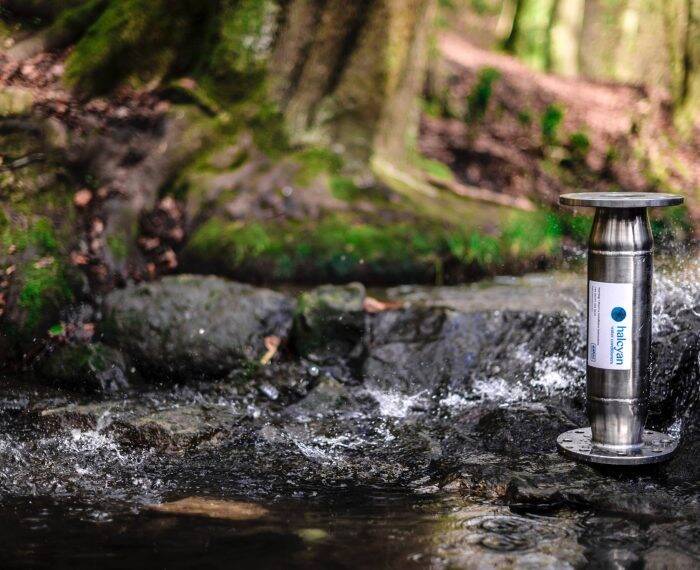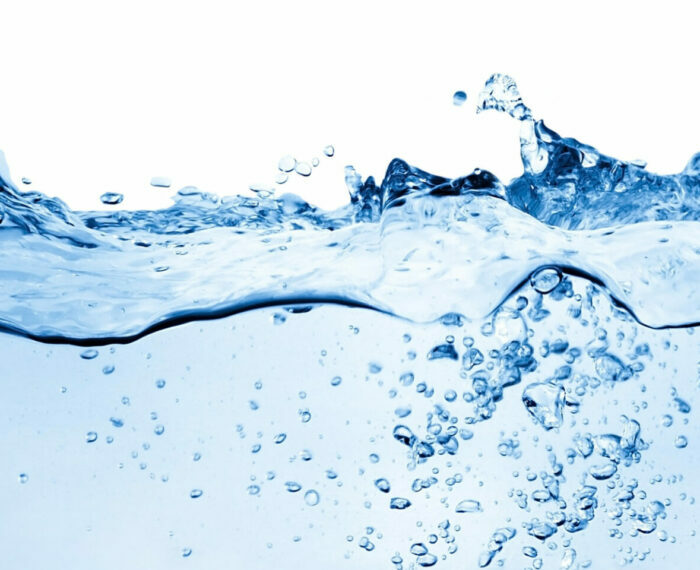Many homeowners throughout the UK deal with limescale issues due to hard water. A chalky white residue on your taps, inside your kettle and showerhead indicates limescale resulting from hard water in your home.
The common belief is that water softener systems are the exclusive solution to combat limescale. But is that really the case? Imagine you could stop limescale buildup without the need for salt solutions or ongoing maintenance.
For those seeking an environmentally friendly long-term solution against limescale, a water conditioner may prove to be more suitable. This article examines the formation of limescale and explains how softeners operate to reveal why water conditioners offer a smarter solution for your home.
What is Limescale and Why is it a Problem?
Limescale forms as a mineral buildup which results from water hardness. Areas throughout the UK experience high levels of calcium and magnesium in their water which turns into persistent deposits once heated or evaporated.
Over time, these deposits:
- Clog pipes and heating systems, reducing efficiency
- Shorten the lifespan of appliances like kettles, dishwashers, and washing machines
- Leave stubborn streaks on taps, tiles, and shower screens, making cleaning difficult
How Do Water Softener Systems Work?
Traditional water softeners operate based on an ion exchange method. Water softeners remove hardness from water by exchanging calcium and magnesium ions with sodium ions through an ion exchange process. Limescale buildup gets prevented but this method results in several disadvantages.
Regular maintenance for these systems involves salt refills and occasional system servicing. The regeneration cycle in water softeners still uses significant amounts of water to remove excess minerals from the system. People who follow low-sodium diets should avoid drinking softened water because its high sodium content makes it a bad choice for consumption. Soft water systems have high operating expenses since both salt purchases and water consumption costs accumulate over time.
Homeowners often remain unaware of an alternative method for preventing limescale that avoids these negative effects.
A Smarter Alternative: Water Conditioners
A water conditioner works by changing the behavior of hard water minerals instead of exchanging them with sodium. Conditioners alter the structure of calcium and magnesium minerals to prevent them from forming deposits on surfaces instead of extracting the minerals.
Key Benefits of Water Conditioners
Conditioners function without the need for salt or chemical additives which softeners depend on. Water conditioners provide a more natural home solution because they do not require salt or harmful chemicals.
The system requires no maintenance after installation because users don’t have to refill or clean it and there’s no need for replacement parts. A superior water conditioner requires no maintenance for more than three decades.
This water conditioner stops limescale deposits but leaves beneficial minerals like calcium and magnesium untouched in your water supply. But it won’t cause limescale buildup.
The system operates without brine discharge while conserving water and protecting local water resources.
A water conditioner needs an initial purchase yet operates without ongoing expenses. By eliminating expenses for maintenance and salt and reducing water waste you save money over time.
Will a Water Conditioner Completely Remove Limescale?
Not exactly—but that’s a good thing. Water conditioners maintain calcium and magnesium levels so users can still obtain these essential minerals’ health advantages. The condition treatment makes limescale less bonded to surfaces so it turns soft and easy to clean.
Conditioned water is able to gradually dissolve existing limescale which leads to improved efficiency in your pipes and appliances.
| Feature | Water Softener | Water Conditioner |
|---|---|---|
| Prevents Limescale? | ✅ Yes | ✅ Yes |
| Uses Salt? | ❌ Yes | ✅ No |
| Removes Calcium & Magnesium? | ✅ Yes | ❌ No (but alters them) |
| Wastes Water? | ✅ Yes (during regeneration) | ❌ No |
| Requires Maintenance? | ✅ Yes | ❌ No |
| Safe for the Environment? | ❌ No | ✅ Yes |
Homeowners seeking hassle-free efficiency without dealing with salt maintenance will find water conditioners to be the superior choice.
Are Water Conditioners Suitable for Homes in Extremely Hard Water Zones?
Extremely hard water in certain UK regions leads to rapid limescale buildup. When you recognize the situation, you may have concerns about a water conditioner’s ability to manage it.
The good news? Water conditioners of superior quality perform efficiently in areas with the most difficult water conditions. Water conditioners eliminate new limescale buildup and slowly diminish existing deposits in areas with hard water according to numerous customer experiences.
Explore our product range to determine if a water conditioner suits your home needs.
Are water softener systems the sole solution for fighting limescale?
You don’t require a water softener system to handle limescale problems. Softeners remain a popular choice but they bring along maintenance needs and water wastage problems along with salt refill requirements.
Water conditioners provide an environmentally friendly solution that requires minimal maintenance. The water conditioner protects against limescale buildup without removing essential minerals while also maintaining appliance efficiency and avoiding expensive maintenance requirements.
Choosing a water conditioner is ideal for sustainable hard water management in your home.
Key Takeaways
- Limescale originates from hard water minerals but there are ways to control it without taking away these minerals.
- Water softeners eliminate calcium and magnesium by using salt but demand maintenance and produce water waste.
- Water conditioners stop hard water minerals from forming limescale without needing chemical treatments and regular expenses.
- A low-maintenance conditioner serves as an eco-conscious option that maintains its effectiveness in regions with hard water.
A Halcyan Water Conditioner stands out as an excellent choice for those seeking home protection while saving money and helping the environment.



